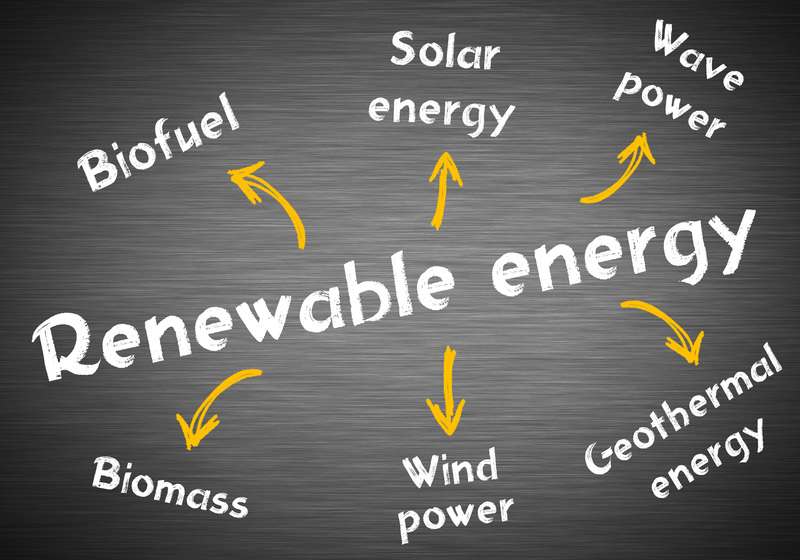How Poor Waste Management Endangers Public Health and the Environment
Posted on 17/09/2024
Waste management is the collection, transportation, and disposal of waste materials. It is an essential aspect of maintaining a clean and safe environment for everyone. However, poor waste management practices can have severe consequences on public health and the environment. With the growing population and increasing industrialization, effective waste management has become more critical than ever before. In this article, we will explore how poor waste management endangers public health and the environment.
The Health Risks of Poor Waste Management
Improper waste disposal can lead to environmental pollution, which poses several health risks to both humans and animals. One of the most significant health concerns associated with poor waste management is air pollution. When waste materials are burned, they release harmful gases into the atmosphere, such as carbon monoxide and sulfur dioxide. These gases can cause respiratory diseases, including asthma, bronchitis, and lung cancer.
Another health risk of improper waste management is water pollution. When waste materials are not disposed of correctly, they can end up in bodies of water, polluting our rivers, lakes, and oceans. This pollution can contaminate drinking water sources and lead to various water-borne illnesses like cholera and dysentery.
Moreover, improper waste disposal can attract pests and disease-carrying insects like rodents and mosquitoes. These pests thrive in areas with large amounts of uncollected waste, creating a breeding ground for diseases like dengue fever, malaria, and the plague.

The Environmental Impact of Poor Waste Management
Poor waste management also has a severe impact on the environment. When waste materials are not disposed of correctly, they can release harmful chemicals into the soil, which can contaminate plants and make them unsafe for consumption. This contamination can have devastating effects on ecosystems' biodiversity as well.
Additionally, landfill sites used for dumping waste produce methane gas - a potent greenhouse gas that contributes to climate change. As waste decomposes, it releases methane into the atmosphere, trapping heat and adding to global warming.
Poor waste management also affects natural resources such as land and water. When waste is not disposed of correctly, it can leach into the soil and contaminate groundwater sources, making them unfit for drinking or irrigation. This contamination can also lead to soil erosion, making land unsuitable for agricultural purposes.
The Pros and Cons of Waste Management
Pros:
- Proper waste management reduces air pollution by minimizing the burning of garbage.
- It protects water sources from contamination, ensuring safe drinking water.
- Waste-to-energy techniques can produce renewable energy.
- Recycling reduces the need for raw materials, conserving natural resources.
Cons:
- Proper waste management can be expensive due to the high cost of equipment and labor.
- Some waste disposal methods, like incineration, can release harmful chemicals into the atmosphere.
- Recycling requires proper sorting and collection, which may not be feasible in all areas.

Tips for Effective Waste Management
1. Reduce, reuse, and recycle: The most effective way to manage waste is to reduce the amount produced, reuse materials wherever possible, and recycle items that cannot be reused.
2. Segregate waste: Proper segregation of waste at the source makes it easier to recycle and dispose of different types of materials separately.
3. Invest in composting: Organic waste like food scraps can be composted instead of being thrown away. This process decreases landfill use and produces nutrient-rich soil for gardening.
4. Educate the community: Public awareness about proper waste disposal practices is crucial in maintaining a clean environment. Education programs can teach people about effective waste management techniques and their benefits.

Takeaways
Poor waste management poses significant risks to public health and the environment. It is essential to follow proper waste disposal practices to reduce pollution, protect natural resources, and keep our communities safe. By reducing, reusing, and recycling, we can improve waste management and make a positive impact on the environment.
In Conclusion
The consequences of poor waste management are far-reaching and affect both human health and the environment. It is crucial to implement effective waste management practices to reduce pollution, conserve natural resources, and protect public health. By working together to reduce waste, recycle materials, and properly dispose of garbage, we can create a cleaner and healthier world for present and future generations. Let us all do our part in managing waste effectively for a better tomorrow.
Latest Posts
Fall in Love with Colliers Wood: Your Guide to an Idyllic Suburban Experience
Wise Investment: Colliers Wood Real Estate
Investing in Colliers Wood Real Estate





